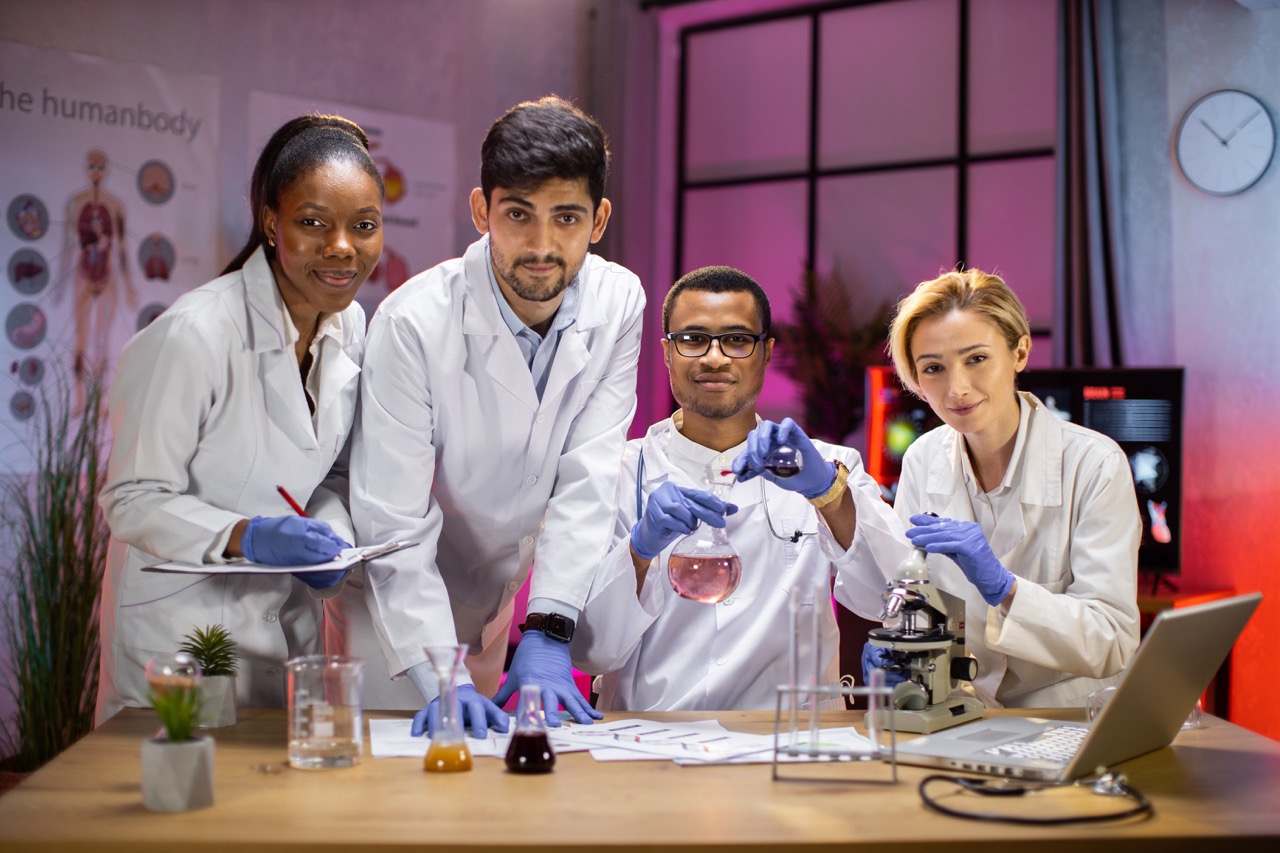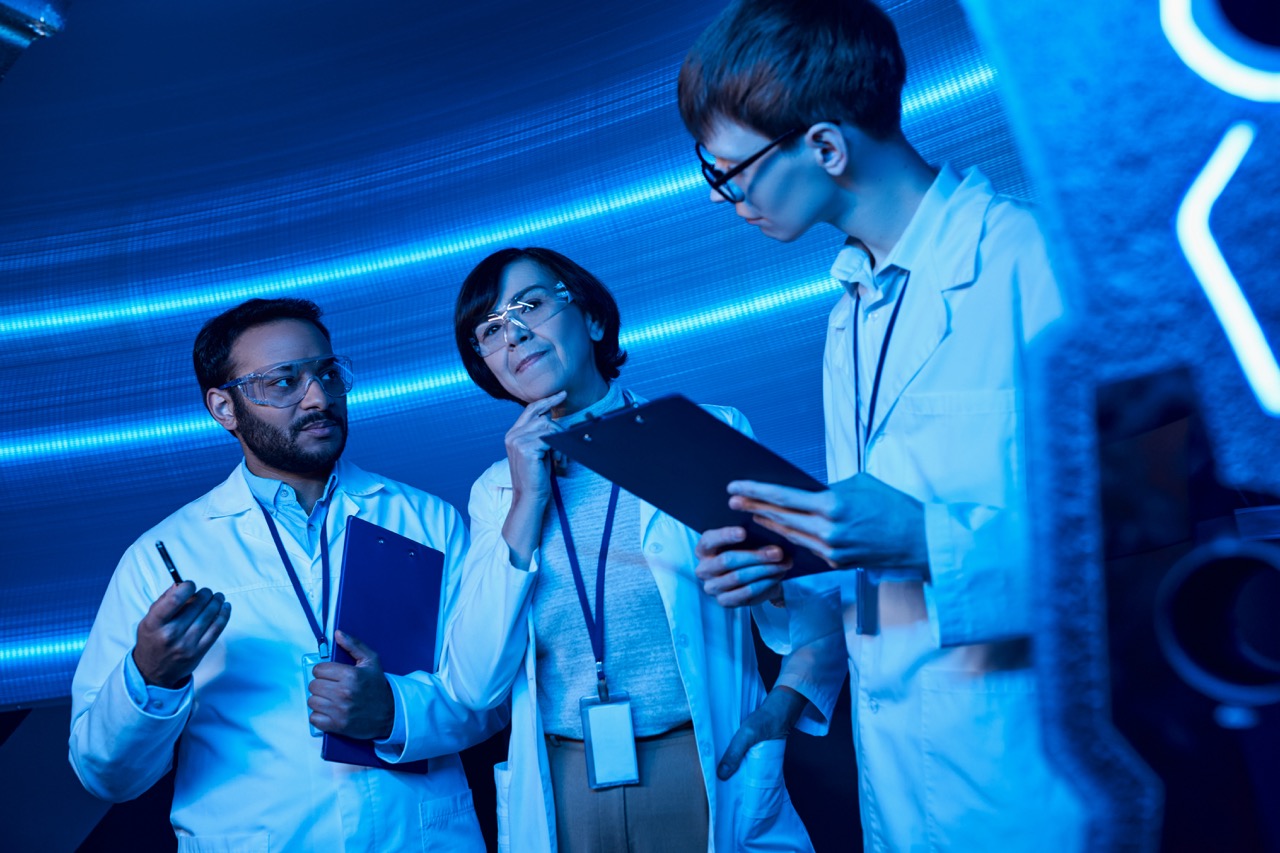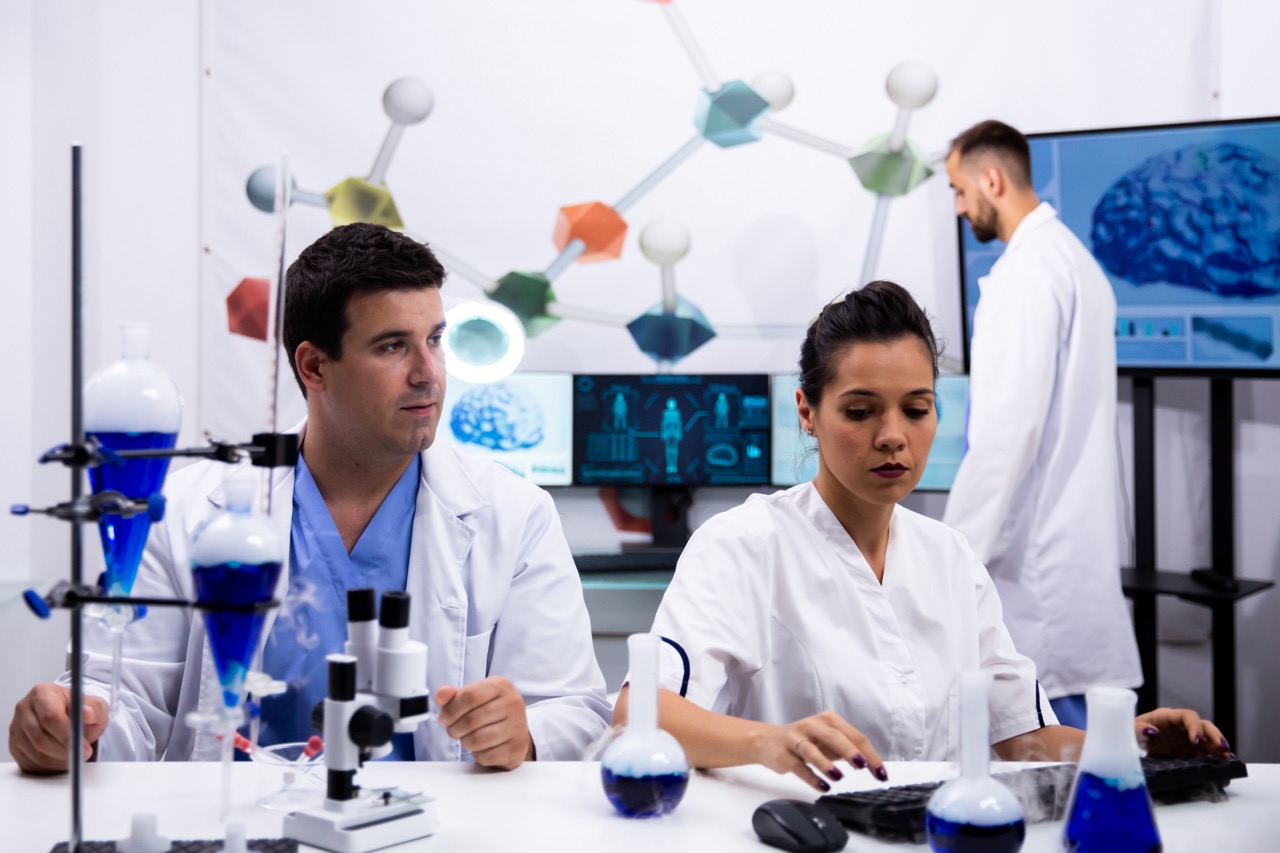The integration of artificial intelligence (AI) into laboratory research is reshaping how scientists conduct experiments, analyze data, and develop new methodologies. As AI technologies continue to advance, their capacity to streamline research processes, enhance accuracy, and drive innovation becomes increasingly evident. This article delves into the multifaceted impact of AI on laboratory research, exploring its transformative potential, the promise of improved experimental accuracy, the ethical implications tied to AI-driven discoveries, and the future trends that will define the role of AI in research innovation.
Transforming Laboratory Research with AI Technologies
The advent of AI technologies in laboratory settings marks a paradigm shift in research methodologies. Machine learning algorithms are now capable of processing vast datasets at speeds and accuracy levels unattainable by human researchers. This ability allows scientists to uncover patterns, correlations, and anomalies that might otherwise remain hidden in traditional analysis. As researchers increasingly rely on AI to guide their experimental designs and data interpretations, the entire research process becomes more dynamic and responsive to emerging findings.
AI-driven tools such as natural language processing help researchers sift through mountains of scientific literature, identifying relevant studies and insights in real-time. This significantly reduces the time and effort involved in literature reviews and allows for a more comprehensive understanding of a research topic. Furthermore, AI can assist in automating routine laboratory tasks, freeing up researchers to focus on more complex problem-solving and innovative thinking.
The integration of AI in research also fosters collaboration across disciplines. Researchers from fields such as biology, chemistry, and data science can work together more effectively, as AI functions as a common language that bridges knowledge gaps. This interdisciplinary approach not only enhances the quality of research outcomes but also accelerates the pace of scientific discovery, paving the way for groundbreaking innovations.
Enhancing Accuracy and Efficiency in Experimental Methods
AI technologies are fundamentally enhancing the accuracy and efficiency of experimental methods in laboratory research. Traditional experimental techniques often involve significant variability due to human error or subjective interpretation. By employing AI algorithms, researchers can standardize methodologies, reducing inconsistencies and leading to more reliable results. For instance, AI can assist in optimizing experimental conditions, such as temperature, concentration, and timing, ensuring that experiments are conducted under the most favorable parameters.
Moreover, AI-powered analytical tools can process data from complex experiments with precision. Advanced algorithms can parse through thousands of experimental variables simultaneously, identifying which factors contribute to desired outcomes. This level of analysis not only speeds up the research process but also increases the likelihood of uncovering significant findings that might not have been apparent through manual analysis.
In addition to enhancing accuracy, AI can drive efficiency by automating data collection and analysis. Robotics combined with AI can conduct repetitive tasks, such as sample preparation and measurements, with consistent precision. This automation allows researchers to allocate resources more effectively, minimizing the time spent on mundane tasks and enabling them to concentrate on hypothesis development and critical thinking, ultimately paving the way for innovative solutions to complex scientific problems.
Ethical Considerations in AI-Driven Scientific Discovery
As AI continues to permeate laboratory research, ethical considerations must take center stage. One significant concern is the potential for bias in AI algorithms, which can arise from the data used to train these systems. If the datasets are not representative of diverse populations or scenarios, the insights generated may be skewed, leading to erroneous conclusions that could affect public health policies, environmental strategies, or technological developments. Researchers must prioritize transparency and rigor in their AI models to ensure that outputs are valid and equitable.
Moreover, the reliance on AI raises questions about accountability in research findings. If a scientific discovery is driven by AI analysis, determining the degree of responsibility among researchers, institutions, and AI developers becomes complex. Establishing clear guidelines and frameworks for the ethical use of AI in research is essential to address these accountability issues, ensuring that human oversight is maintained in the decision-making process.
Lastly, the implications of AI on intellectual property rights must also be acknowledged. As AI tools generate novel ideas or approaches, questions arise regarding ownership and the attribution of credit. The scientific community must engage in thoughtful discussions about how to navigate these issues, creating a framework that balances innovation with respect for intellectual contributions from human researchers and AI systems alike.
Future Trends: The Role of AI in Research Innovation
Looking ahead, the role of AI in research innovation is expected to expand dramatically. One significant trend is the increasing integration of AI with other emerging technologies, such as biotechnology and nanotechnology. This convergence will likely result in groundbreaking advancements, such as personalized medicine tailored to individual genetic profiles, or the development of highly efficient materials with specific properties engineered at the nanoscale. The fusion of AI with these technologies will catalyze a new era of multidisciplinary research, where solutions to complex problems can be developed in ways previously unimaginable.
Additionally, the democratization of AI tools is likely to play a crucial role in shaping the future of laboratory research. As more user-friendly AI platforms become available, researchers from various backgrounds—regardless of their technical expertise—will be able to leverage these tools. This accessibility can lead to a surge in grassroots innovation, with smaller laboratories and independent researchers contributing significantly to scientific discovery.
Finally, an increased focus on collaborative AI research will emerge, where institutions and industries partner to share data, resources, and expertise. Such collaborations can fuel rapid advancements in research capabilities, allowing scientists to tackle pressing global challenges more effectively. As AI becomes more entrenched in the scientific landscape, the collaborative spirit will enhance the potential to drive innovation and elevate the standards of research integrity.
The future of AI-driven laboratory research holds immense promise, offering opportunities to enhance accuracy, improve efficiency, and foster innovation. However, as this technological revolution unfolds, it is imperative to remain vigilant regarding the ethical implications and responsibilities that come with it. By addressing these challenges and leveraging AI’s capabilities thoughtfully, the scientific community can unlock transformative advancements that will shape the future of research and ultimately benefit society as a whole.










